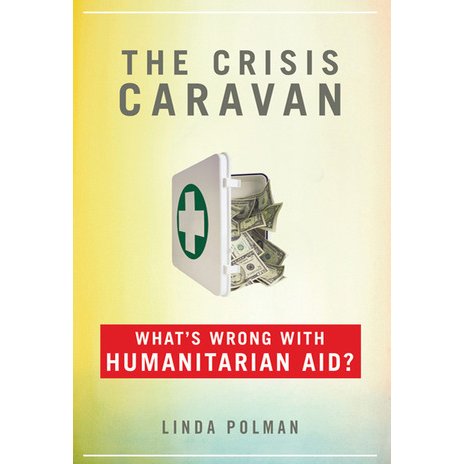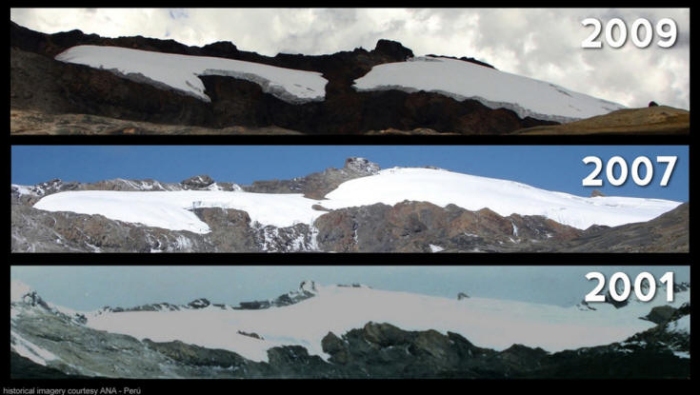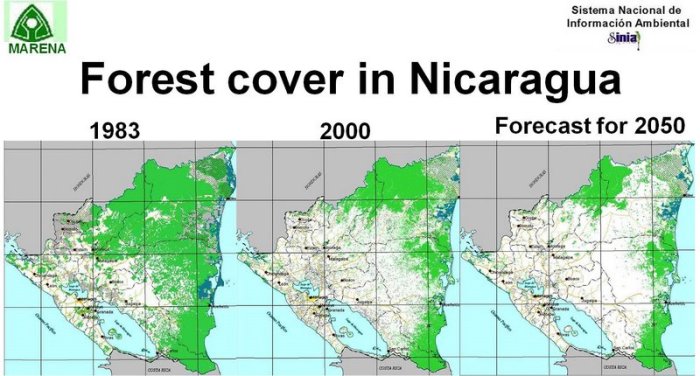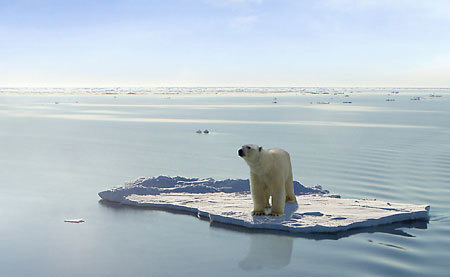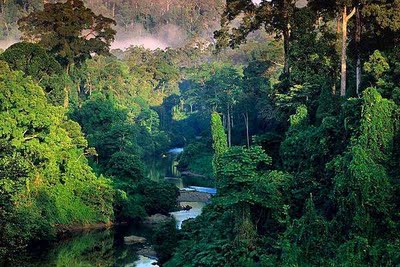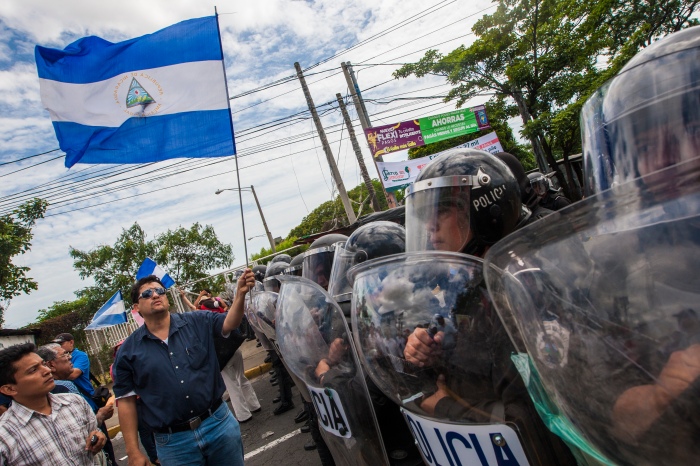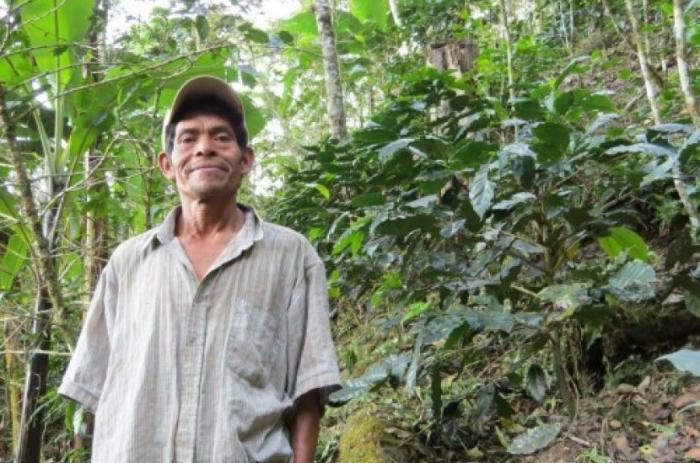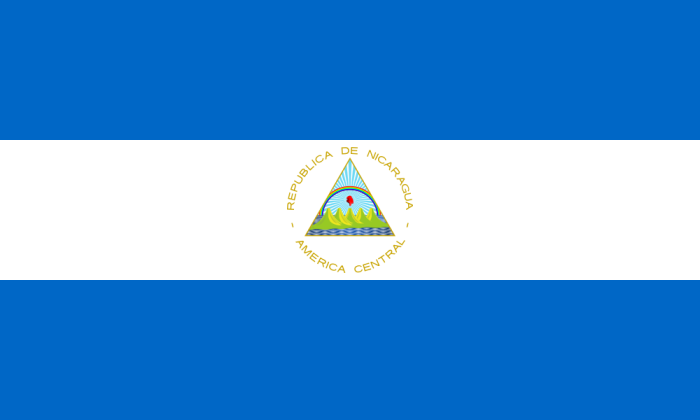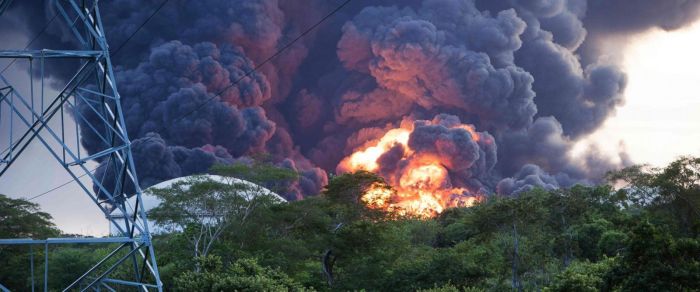
Throughout the semester we have had several guest speakers. They were all a pleasure to listen to, but one that I found the most inspirational was Karen Piper, who works in English and Environmental Studies. She was the most inspiration and most informative because she shed light on some serious issues that we may either not think about or was not aware of. She spoke to us about water on our planet. She stated some interesting facts as follows: the amount of water in the world is constant and has been the same since the start of time – which she referred to as ‘dinosaur water’ and seventy percent of our earth is water. After stating these facts, she led us into the topic of the current water crisis that is happening. The current water crisis consists of a variety of things including pollution, groundwater loss, and climate change. Climate change side effects include loss of glaciers, soil evaporation, loss of coastal aquifers, and jet streams becoming unstable. She then asked us how we imagine water. When I imagine water, I think of the common sink faucets and shower heads in my home. Many people think of similar things as well. We forget that water is involved in almost everything that we do evening fuel our vehicles or the planes we use to fly to various locations. Water goes beyond just washing our hands or dishes. It is essential to life on earth and I do not think many people take this as seriously as they should. Personally, before this class I was pretty unaware of the various types of crisis that is occurring in the world. I am thankful we had a speaker such as Karen Piper, to remind people like me, of a serious issue we could potentially solve in our lifetime so that our future generations do not have to suffer. After this lecture, I became more conscious when I am at home when it comes to not leaving my water running when I am not using it. In addition, I would catch myself leaving lights on when they could be off. Water is not the only thing, I believe, we should worry about. We should also be sustainable when it comes to food and energy as well.

After spending an entire semester on researching my country, it is safe to say I have gained a large amount of insight on the country of Nicaragua. After familiarizing myself with the basics of Nicaragua, I was very shocked as how I had no idea of the current affairs that have been going on in the country. Nicaragua is one of the largest countries in Central American and it consists of over six million people, most of which are native Spanish speakers, who also range widely of ethnic backgrounds. Nicaragua is contributing to the evolution of sign-language. In the United States, people have encountered sign-language or someone who uses it at least once, but how do people who are not in the United States and do not know English use it? This is where Nicaragua begins to amaze me. Located Mangua, Nicaragua there is a school for the deaf and the blind. Their teaching techniques are highly respected and deemed highly effective. As time went on, this institution became the goldmine for global research regarding the evolution of language, including signed. Although Nicaragua had made leaps of progression in education, unfortunately they are suffering from some environmental issues which lead to even more issues. Even though Nicaragua is the largest country in Central America, it is actually the least populated. This leads to problems because due to their size they have the opportunity to enforce laws to protect their environment, but since it is least populated there are external forces that are using their land. This invasion leads to poverty. The native people are being robbed of their land, which for many is a source of income. Due to this, poverty is improving slim to none. This violation of environmental rights leads to the violation of human right. When you are tarnishing one’s environment, how do they survive? Due to this issue, sex trafficking is also an ongoing issue in the region. Victims are lured into trafficking with empty promises of a better life and/or receiving nice gifts they wouldn’t be able to afford on their own. Luckily, FINCA heavily operates in the region and is currently taking proper steps in attempt to bring Nicaragua out of poverty. They lend small, repayable loans to people in order to run a small business. This not only supplies financial stability, but creates jobs for some and brings insight on managing money for others. In addition, FINCA’s official headquarters are based in Washington, D.C.; therefore, they are able to utilize resources that Nicaragua might not have in order to further assist them.



